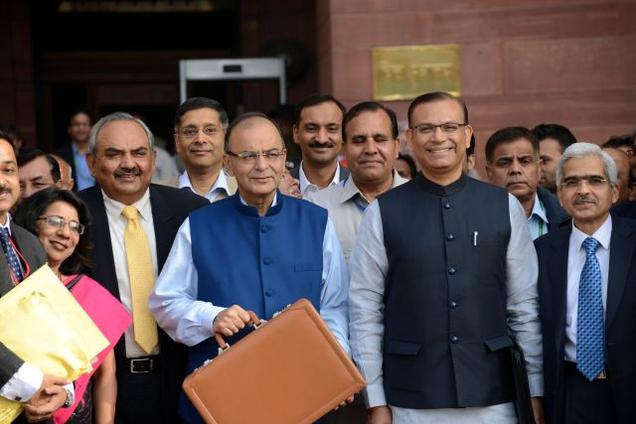The Ministry of New Renewable Energy has revised its target of renewable energy capacity to 1,75,000 MW till 2022.
All in all the right steps are being taken by the government to promote clean energy and transport.
Great stuff! At long last the Indian EV industry can hope that our government will support clean transport and there is huge focus on renewable energy.
The government needs to have a fresh thrust on electric vehicles and hybrids to encourage manufacturers to bring in these vehicles that are not only technologically advanced and cost effective but also help in reducing emissions. Electric vehicles form a very small proportion of the industry’s overall volumes and there is a lot of room for improvement in this category. A lot needs to be done by the government in the areas of charging infrastructure, reduction or abolition of import duty on certain critical electric vehicle components as well as increasing general public awareness relating to the efficiency of these vehicles.
Only Rs 75 crore was allocated for electric vehicle manufacturing that is seen as a disappointment as the industry was expecting much more.
- Sohinder Gill, Director- Corporate Affairs, Society of Manufacturers of Electric Vehicles said
Its like a life saver for the ailing companies who had invested into the environmentally friendly vehicles but were bleeding heavily because of the lack of government support. In addition to supporting the industry NEEMP will create a significant positive impact on the health index of country by promoting zero pollution electric vehicles and reducing the dependence on the fossil fuel.
Although We are awaiting details it is expected that around Rs.1000 cr will be allocated for a period of two years, a large part of which will go directly into the hands of the customers in term of reduction of the prices of electric vehicles by around 20% and in installing charging stations in many cities"
- Mahindra & Mahindra Executive Director Pawan Goenka
Rs 75 crore is too little to be spread across the entire eco-system of infrastructure, R&D and product subsidy to have a meaningful impact, he hoped that this was the Phase I of roll out, and there will be more money coming in later.
It is lower than expectations but finally there is an acknowledgement, hopefully this is the beginning"
- Chetan Maini
We are still awaiting the final EV policy but should include spends on demand incentives, R&D, infrastructure and pilot projects.
The country’s renewable energy industry is likely to generate business opportunities worth $160 billion over the next five years.
It has been envisaged that solar power will play a significant role in rural electrification by 2020, by providing for off-grid solar power generation in 20,000 villages across the country.
The Joint Electricity Regulatory Commission (JERC) had recently announced that private individuals will be paid Rs 9.43 per unit (kWhr) for putting back into the grid whatever solar-generated power they generate but don't consume. What's more, citizens can even avail 30% subsidy to reduce the cost of installing the PV panels atop their houses. They will still be able to get Rs 7.05 per unit from the city. Quick implementation of net metering across states will accelerate usage of Solar Power Systems.
As i had highlighted in my earlier blog, government support is crucial for the EV industry.
We only hope this is just the beginning and there is lots more to come from the government.

